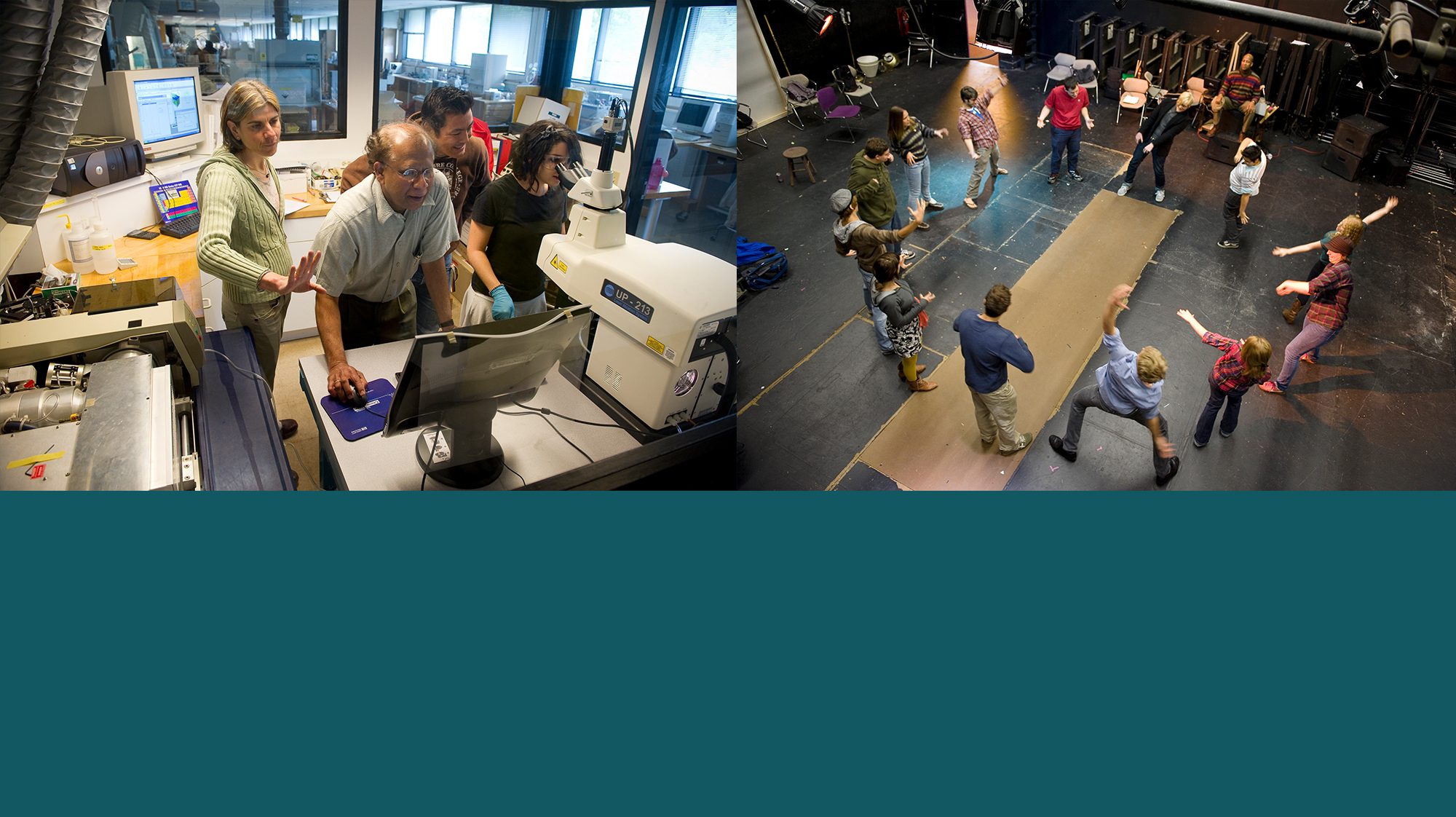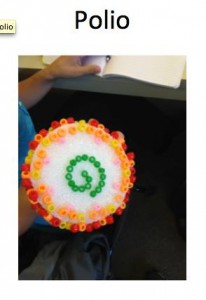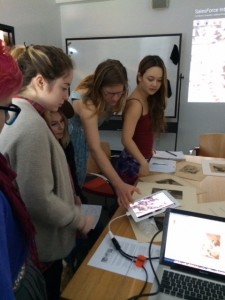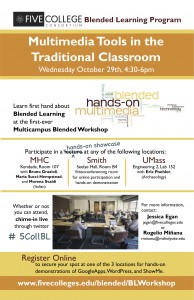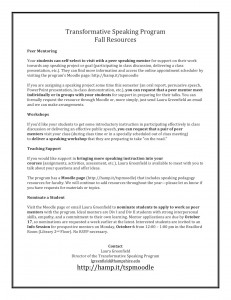 In creating an e-portfolio, a student essentially curates their work. They decide how to group their artifacts (written work, photographs, films, music, visual arts pieces, etc.) and in presenting them, they write across what they have done to demonstrate what they have learned. As faculty, we can ask them to show particular kinds of learning that might suggest to students ways to organize their work and reflect on it.
In creating an e-portfolio, a student essentially curates their work. They decide how to group their artifacts (written work, photographs, films, music, visual arts pieces, etc.) and in presenting them, they write across what they have done to demonstrate what they have learned. As faculty, we can ask them to show particular kinds of learning that might suggest to students ways to organize their work and reflect on it.
What we are likely to find as faculty is that having students create e-portfolios puts more of the onus on making meaning on the student and less on us.
Watch this talk by Dr. Kathleen Yancey to learn more.
